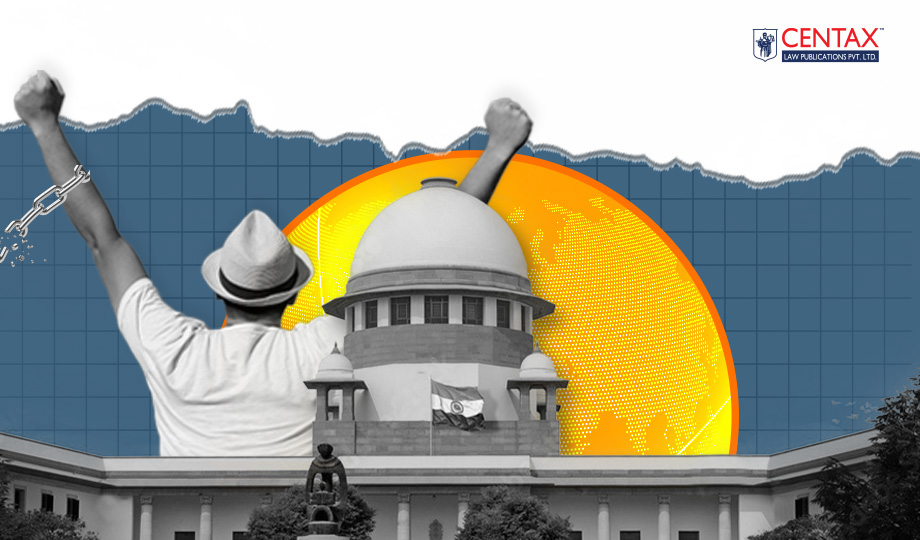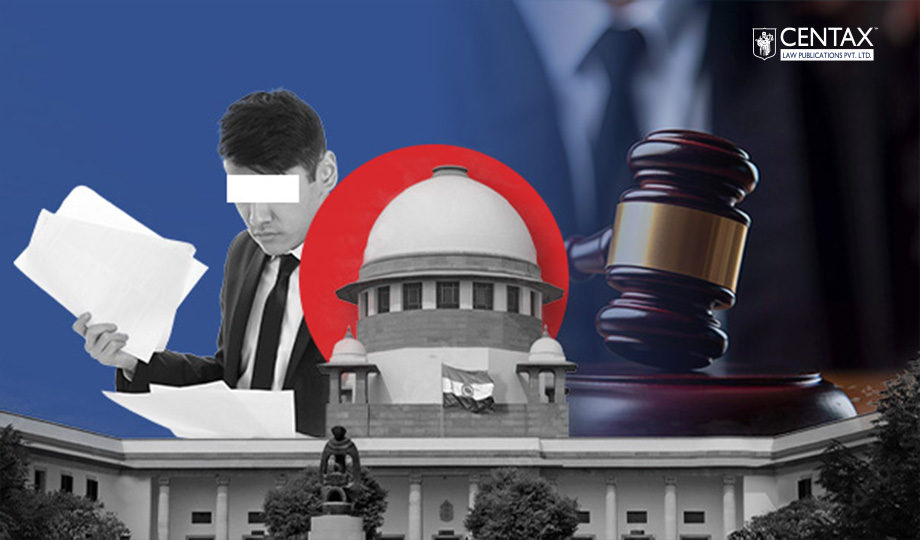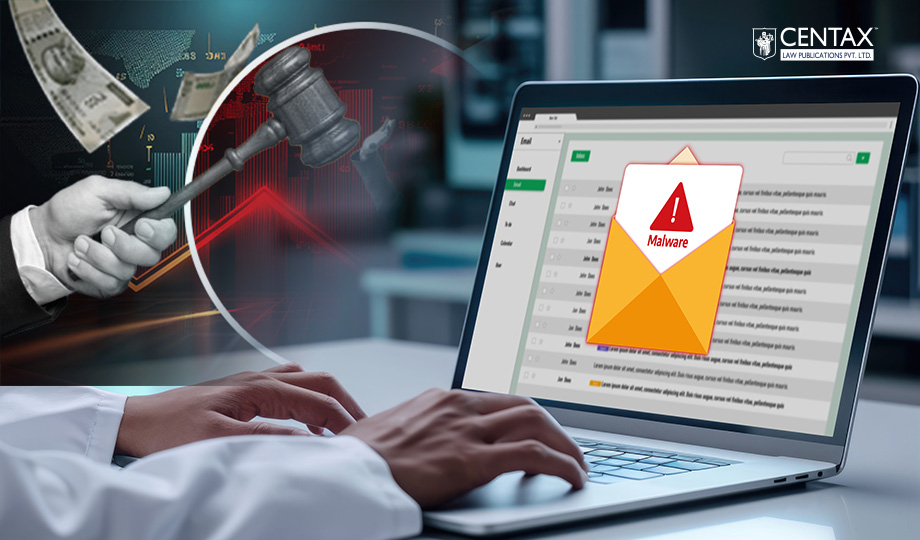
Notification No. 13/2025- Central Tax, Dated 17-09-2025
1. Introduction
The Central Board of Indirect Taxes and Customs (CBIC) has issued a notification amending the CGST Rules, 2017, bringing significant reforms to refund processing, appellate mechanisms, and annual GST return formats. These changes are aimed at enhancing efficiency, improving compliance, and ensuring greater transparency in GST administration.
2. Faster Refund Processing
A major highlight of the amendments is the provision for issuance of refund orders in FORM GST RFD-04 within seven days. This will be based on a system-driven risk evaluation framework, ensuring quick refunds for low-risk applicants while safeguarding revenue. However, tax authorities retain discretion to proceed directly under Rule 92 wherever detailed scrutiny is warranted.
3. Simplification of Appeals
The reforms also introduce new provisions in the appellate procedure. Appeals that do not involve any question of law may now be heard by a single Member Bench, which is expected to ease the workload of appellate tribunals and expedite case resolution. Alongside, new forms such as FORM GST APL-02A and FORM GST APL-04A have been introduced, while existing forms APL-05, APL-06, and APL-07 have been substituted to align with the updated procedures.
4. Revisions in Annual Returns
The amendments bring substantial changes to FORM GSTR-9 and FORM GSTR-9C. Taxpayers will now need to disclose details such as input tax credit (ITC) availment across years, reclaimed ITC, reconciliation of tax liabilities, and reporting of supplies on which tax is payable by e-commerce operators. These revisions are aimed at improving the accuracy of annual returns and strengthening compliance monitoring.
5. Conclusion
The new rules will be implemented in a phased manner—coming into force from 22nd September 2025, with specific provisions applicable from 1st April 2025 and 1st October 2025. Collectively, these amendments represent a significant step toward simplifying GST processes, expediting refunds, rationalising appellate procedures, and tightening compliance in annual filings.




















